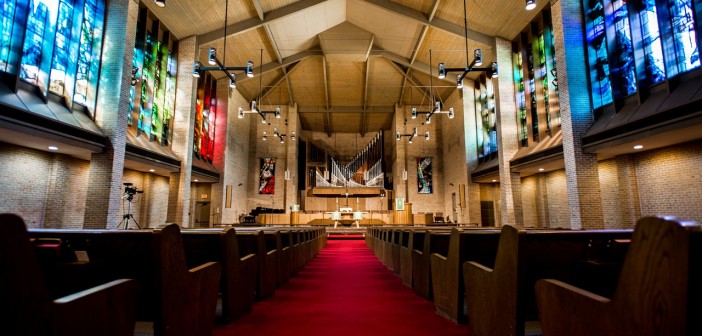Richard Hunter shares lessons learned about how his style in addressing a problem could divide or unify the church in a common goal.
Several years ago, my church was adding a fourth Sunday morning worship service. Although necessary to accommodate our growth, this change would stretch us in the parking lot, nursery, and in organizing volunteers. One key to success was having our people arrive on time or even early to turnover parking spaces.
On the Sunday before the launch, many people were late to the 9:30 service. When I got up to preach, I lectured the crowd in a terse manner about their tardiness and how this would hinder our future growth. Over the next several weeks, leaders and members alike told me that my tone had not been conducive to getting people to support the new schedule. Many folks were hurt by my remarks. They felt I did not understand their pressures and the obstacles in the new schedule. I later learned that someone in the congregation that morning had come in from work late and made extraordinary efforts to get to church with children, knowing they would be late, only to be scolded by me.
The church agreed that tardiness was a major problem, but my style in addressing the issue had become a lightning rod. In today’s culture, churches seem to divide or unite based on style rather than substance. The style of the worship service is the number one factor cited by people choosing churches, not theology or ecclesiology. The style of the lead pastor is second. And third, the style of the church’s organization is more important than the denominational tag.
On that Sunday morning, I experienced how my style in addressing a problem could divide or unify us in a common goal. I learned several lessons that day:
- Never respond to an issue like this at the sermon time. Stay focused on the message of the day.
- Choose your battles wisely. Most surveys will show that latecomers should just be expected in modern worship services.
- Make sure your style and tone reflect your heart for the people you are serving. Without their buy-in, change just won’t happen.
Related Resources
- Positively Urgent Mike Bonem
- Learn from the Stupid Things You Do Laurie Haller
- Asking Instead of Telling Lewis A. Parks







